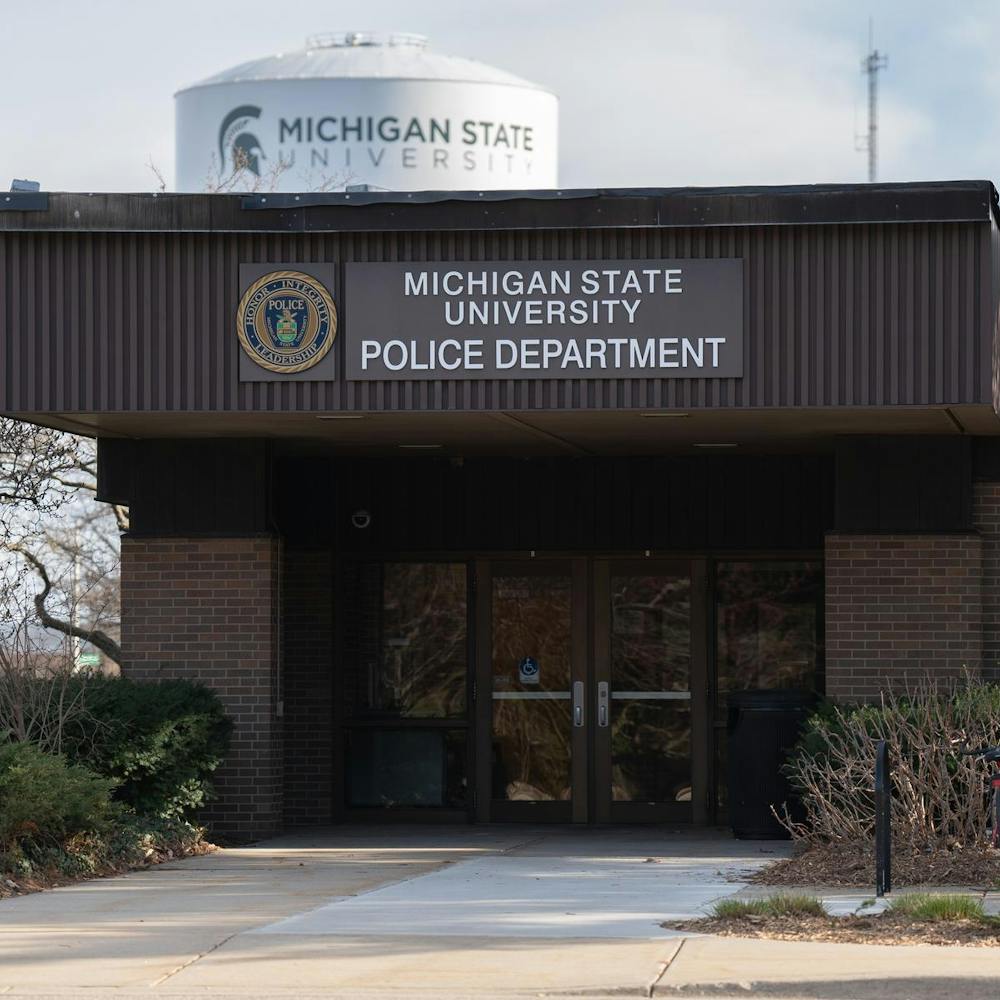We’ve all seen the “You wouldn’t steal a car, so you shouldn’t steal a movie” commercials at movie theaters and thought of them as jokes. However, there’s nothing funny about the number of MSU students that appear to have no problem stealing digital media.
In 2011, MSU has so far received more than 4,500 complaints from the Recording Industry Association of America, or RIAA, and multiple members of the music industry regarding the illegal downloading of copyrighted material over university Internet connections.
In comparison, MSU received only 1,633 complaints in 2009.
The university and students must take it upon themselves to stop Internet piracy.
The RIAA holds MSU accountable for the actions of students, so MSU benefits from giving students incentive not to steal music.
MSU
Currently, students caught downloading must pay a $25 fine the first time and $50 the second time. For the third offense, the fine goes up to $75 and the Office of Student Affairs and Services receives a report.
Other universities have extremely harsh penalties for downloading copyrighted media illegally.
The University of Colorado at Colorado Springs takes away offenders’ Internet access and hands out disciplinary actions when students are found obtaining music and movies illegally. And with their third offense, students face permanent loss of computer access and possible expulsion.
Pulling IP addresses from students is a consequence far more damaging and threatening than a minimal charge.
Downloading movies illegally also can result in up to five years in prison and/or up to $250,000 in fines, according to the RIAA — and that’s only for first-time offenders.
The university is doing students a favor by shielding them from the RIAA and other organizations. Students need to return the favor by not pirating copyrighted media.
Also, MSU students have other methods of obtaining music and movies online that won’t get them fined by the university. Students need to utilize the legal ways they can obtain music and movies they want.
Students have no reason to get caught downloading media illegally when songs and movies are available on iTunes for a small fee. Even though iTunes might not be free, it does not carry the legal consequences of illegal downloading or the potential to get fined by the university.
If students do not want to pay for their media, there are many other legal options.
YouTube also has many songs and music videos available at the click of a button. Websites like Hulu can keep students up to date on their favorite television shows. Pandora Radio and Grooveshark offer students a free way to listen to music they like.
MSU cannot eradicate illegal downloading. But students shouldn’t use the on-campus internet to do so.
Although digital piracy unfortunately has become a part of internet culture, it doesn’t have a place on campus.
Support student media!
Please consider donating to The State News and help fund the future of journalism.
Discussion
Share and discuss “MSU should toughen online piracy stance” on social media.






